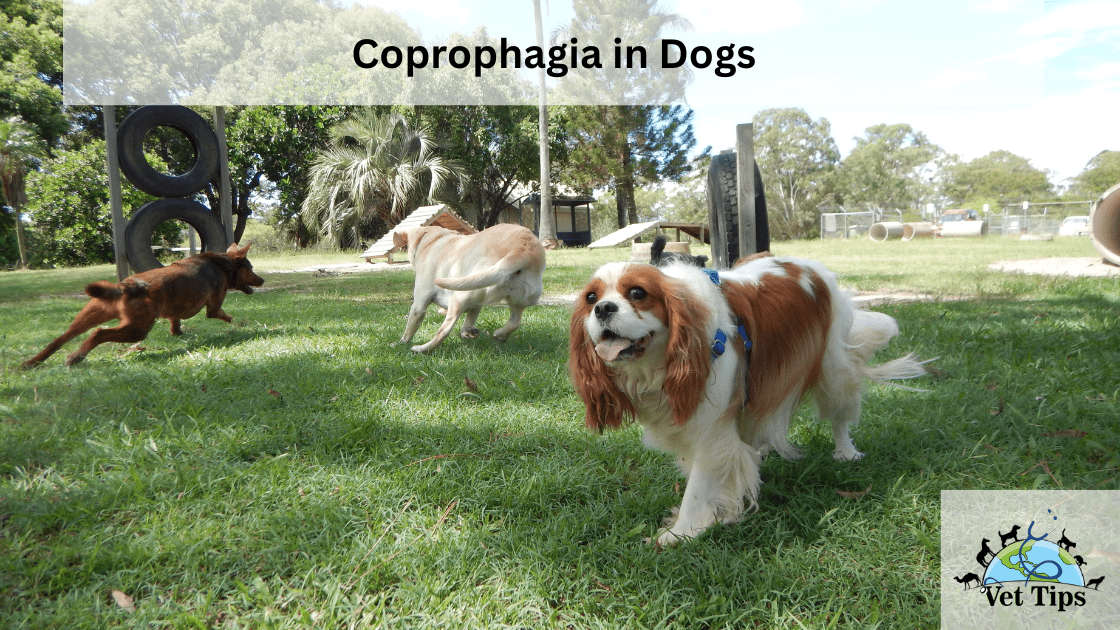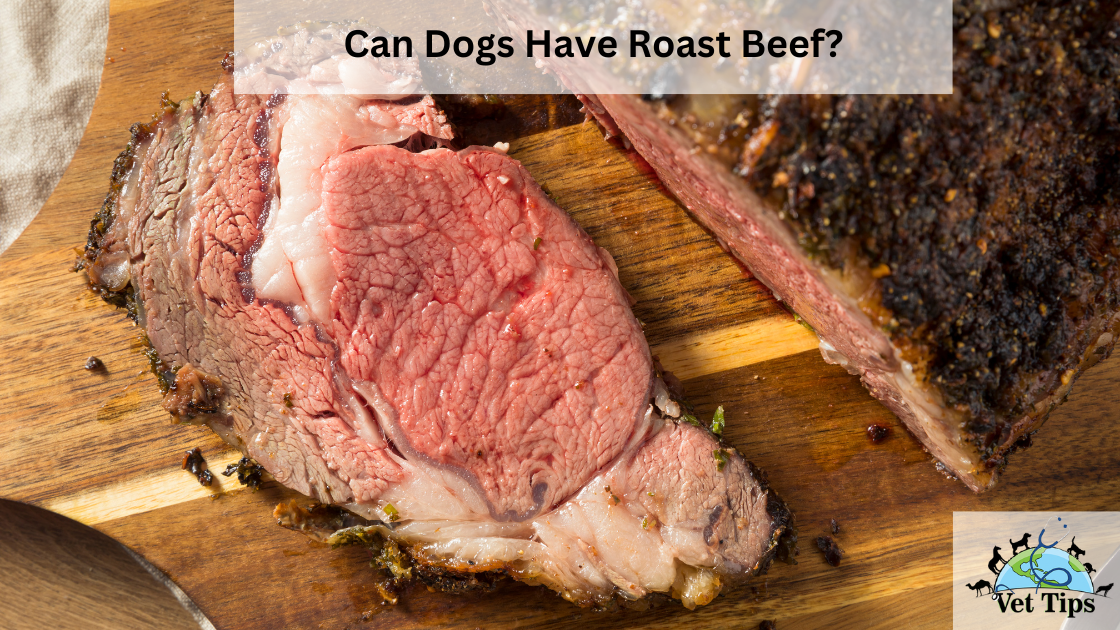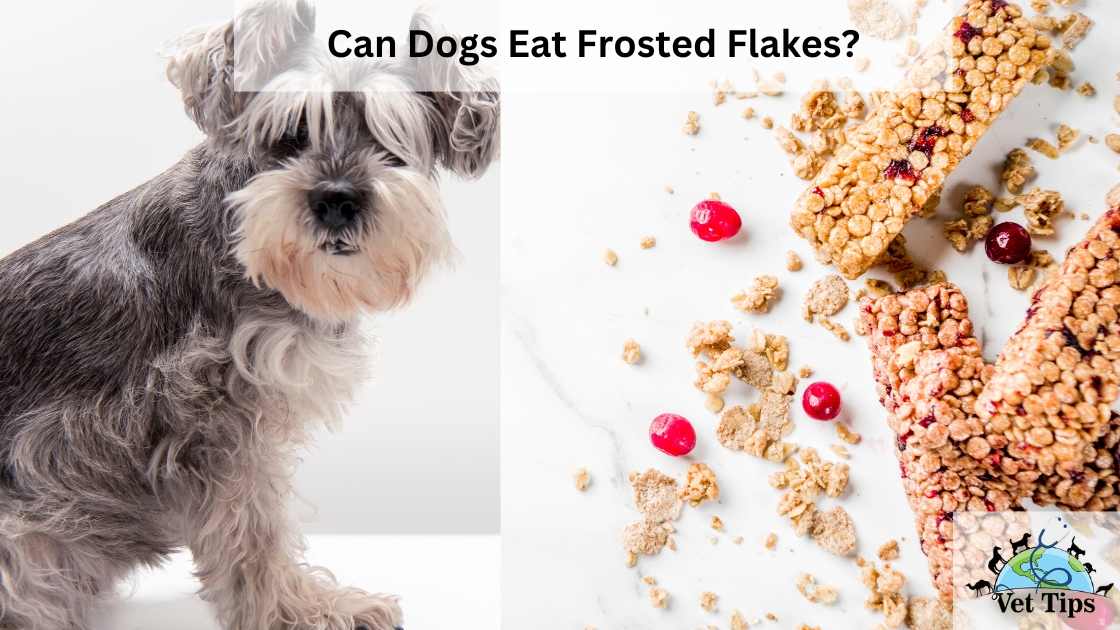When it comes to our furry friends, dogs, there are certain behaviors that can leave us puzzled and even a bit disgusted. One such behavior is coprophagia, which refers to the act of dogs eating their own or other animals’ feces. It may seem baffling and repulsive to us, but from an analytical perspective, there are various reasons why dogs engage in this behavior. In this article, we will delve into the topic of coprophagia in dogs, exploring the possible causes, potential health implications, and ways to address this behavior.
Coprophagia in Dogs
Coprophagia is defined as the practice of ingesting excrement or eating stools/feces. The sight of a dog eating its own or another canine’s stool, followed by the dog strolling up to the owner with its tail wagging, seeking a kiss and some sweet words, is disgusting to any dog owner.
An owner might raise the question, “Why on earth would dogs do such a terrible thing?” What on earth is it about this behavior that attracts people to it? We may never know for sure, but we have a good idea of what causes the behavior to begin and make educated guesses about how and why it persists.
Understanding Coprophagia in Dogs
Instinctual Origins
To truly understand coprophagia in dogs, we need to explore their evolutionary background. Canines, including domesticated dogs, have ancestral ties to wild wolves. In the wild, wolves often consumed the feces of other pack members or prey animals. This behavior served a practical purpose, as it allowed them to extract any remaining nutrients from the waste. Over time, this instinctual behavior may have persisted in dogs, manifesting as coprophagia.
Nutritional Deficiencies
One of the main reasons why dogs engage in coprophagia is due to potential nutritional deficiencies in their diet. If a dog’s diet lacks essential nutrients, they may be driven to seek alternative sources to fulfill their dietary requirements. In some cases, the partially digested food found in feces can still contain valuable nutrients, prompting dogs to resort to coprophagia as a means to supplement their diet.
Behavioral Causes
Beyond nutritional deficiencies, coprophagia in dogs can also stem from behavioral causes. Dogs are social animals that often imitate the behaviors of their pack or human family members. If a dog observes their owner cleaning up feces or displaying interest in it, they may develop a curiosity or mimicry towards this behavior. This can lead to coprophagia, as the dog perceives it as a socially acceptable action.
Attention-Seeking Behavior
Dogs are known to be highly attuned to human emotions and behaviors. If a dog notices that their coprophagia elicits a strong reaction from their owner, such as scolding or attempting to stop the behavior, they may continue engaging in it as a means to gain attention. For some dogs, negative attention is still attention, and they may repeat the behavior to maintain the focus on themselves.
Health Implications and Risks of Coprophagia in Dogs
Potential Health Risks
While coprophagia may seem harmless to dogs, there are potential health risks associated with this behavior. Consuming feces can expose dogs to various parasites, bacteria, and viruses present in the waste. This can lead to gastrointestinal issues, such as vomiting, diarrhea, and stomach upset. Additionally, certain parasites, like roundworms, can pose a risk not only to the dog but also to humans who come into contact with contaminated feces.
Psychological Distress
Coprophagia can also be a sign of underlying psychological distress in dogs. Factors such as stress, anxiety, boredom, or even inadequate training can contribute to this behavior. Dogs may resort to coprophagia as a coping mechanism or a way to alleviate their emotional discomfort. Addressing the root causes of psychological distress is crucial to helping dogs overcome coprophagia.
Coprophagia in Dogs: The Facts You Should Know
In certain circumstances, canine coprophagia is not considered to be abnormal behavior. Female Dogs naturally swallow the feces of their pups, apparently in order to keep the nest clean. This action has a survival benefit in that it prevents unsanitary conditions from forming in the nest, which could otherwise result in disease spreading among the occupants. Nursing bitches are compelled to consume their pups’ feces because of the biological need to eat feces, which has been imprinted as a survival instinct.
In addition, many pups go through an oral period during which they explore everything with their tongues, consuming a range of non-food substances, including feces, and developing a taste for them.
As time passes, the vast majority of pups come to realize that food tastes far superior to feces and vow to abstain from stool-eating for the remainder of their lives. The practice of eating feces may persist for a few months in some older puppies, but most of them stop doing so within the first year.
Without exception, the vast majority of “normal” adult dogs show absolutely no interest in consuming excrement of any kind.
When Coprophagia Becomes a Serious Issue
Slow learners, “oral retentives,” and pups whose behaviors are quickly entrenched may continue to participate in coprophagia well beyond the acknowledged “average,” and they may even go to extremes in order to maintain their habits. Coprophagics committed to their behavior will continue to do so long after their peers have discovered new interests. Dogs like this one, who appear to be addicted to the behavior, are best described as “compulsive” in nature.
The following is a list of possible contributing elements, while it is likely that more than one is at work in any given situation.
- The ability to witness the dam consuming its stools
- Puppy food with high protein content and low residue.
- Unpredictable feeding schedules
- Inadequate amounts of food are being served.
- An atmosphere that is not sufficiently exciting
- Constant opportunity to consume excrement
- Inadequate supervision and attention
Diagnosis
It is unclear if coprophagy is caused by nature or other factors, but it is a persistent and bothersome habit that some dog owners have been forced to put up with for a long time. There are various varieties of coprophagy, but no matter which forms it takes, the underlying urges and preferences are likely to be the same or quite similar.
The following are some variations on the theme:
- Dogs who are mainly interested in their feces
- Canines who eat the feces of other dogs exclusively
- Dogs that will only eat feces if it is frozen or solid during the winter (“poopsicles”)
Remember! None of those mentioned above stools is suitable for canines in any condition.
Cure
Several “home” cures have been tried in the past, but they have rarely proved successful.
Here are a few examples:
- When feeding your dog, use commercially available pancreatic enzyme preparation in the home meal diet.
Use this best quality nutrient+enzyme supplement to keep your pet safe from caprophagia
- Incorporating crushed breath mints into a dog’s diet
- Using Tabasco sauce can also be helpful
The following tactics have proven to be more effective, though it is crucial to note that results differ from one person to another:
- Picking up all the available stools (i.e., denying access)
- Enthusiastically accompanying the dog into a “picked up” area and walking him back into the home quickly after he has successfully passed a bowel movement and before he has a chance to explore the results of his work
- Some dogs attempt to evade their owner’s control by eating the stool as it emerges, and for these stubborn few, a muzzle may be required.
- Altering the dog’s diet and feeding schedule so that high-fiber diets are offered regularly and, if possible, at the dog’s discretion.
- Teach your dog LEAVE IT command.
Some Other Important Things To Do!
Nutritional Evaluation
If your dog exhibits coprophagia, it is essential to evaluate their diet. Consult with a veterinarian to ensure that your dog’s nutritional needs are being met. They may recommend changes to the diet, such as switching to a high-quality, balanced dog food or introducing specific supplements to address any deficiencies. Providing a well-rounded and nutritious diet can help curb coprophagia caused by nutritional imbalances.
Behavioral Modification
In cases where coprophagia is driven by behavioral factors, it is crucial to implement appropriate training techniques. Reinforce positive behaviors and redirect your dog’s attention away from feces. Engage your dog in mentally stimulating activities, provide them with plenty of exercise and playtime, and ensure they receive sufficient attention and social interaction. Positive reinforcement training can help modify their behavior and discourage coprophagia.
Environmental Management
Managing the environment plays a vital role in addressing coprophagia. Keep your dog’s living space clean and promptly remove feces to minimize their access to it. Restrict their access to areas where other animals may have defecated, such as public parks. By controlling the environment, you can reduce the opportunities for your dog to engage in coprophagia.
Conclusion: Coprophagia in Dogs
Although coprophagia in dogs can be perplexing and unpleasant, it is essential to approach the topic from an analytical perspective. Understanding the instinctual origins, potential causes, and health implications allows us to address this behavior effectively. By focusing on providing a nutritionally balanced diet, addressing any underlying behavioral or psychological issues, and managing the environment, we can help our furry companions overcome coprophagia and lead healthier, happier lives. Remember, patience, consistency, and professional guidance can go a long way in addressing this behavior and strengthening the bond between you and your beloved canine companion.
Tell us in the comments, how you like our article “Coprophagia in Dogs”
For similar posts like this, click here.
For the source file, click here.









One thought on “The Hidden Causes of Coprophagia in Dogs: Exploring Everything”